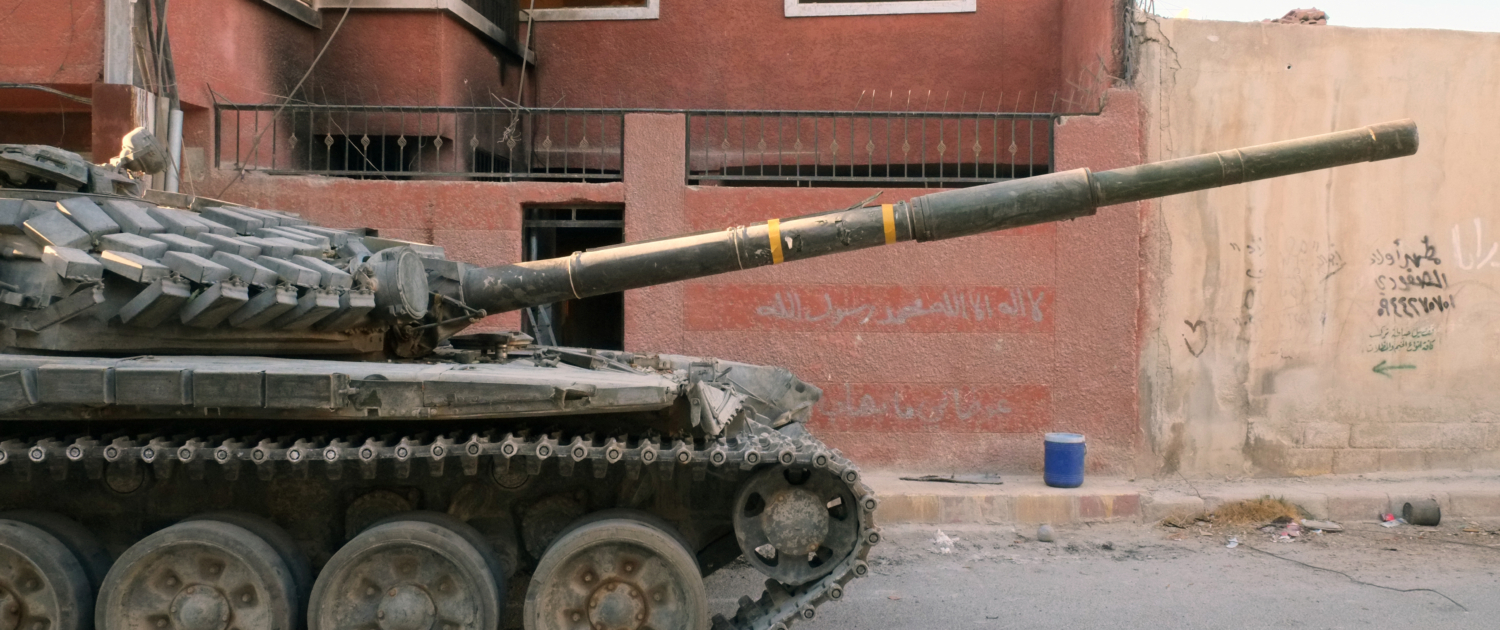#EconomicPolicy
#EconomicPolicy77
Contacts:
Laura Ogliari
University of Bergamo
laura.ogliari@unibg.it
Mismatches in ethnic groups’ political and military power raise likelihood of civil conflict
Power mismatches increase the probability of ethnic conflicts, with groups that possess more military power than political power being particularly susceptible to participating in such conflicts. That is the central conclusion of new research by Massimo Morelli, Laura Ogliari and Long Hong.
Their study finds that mismatched groups are more likely to take part in conflict by approximately 30%. Moreover, the relationship between power mismatch and conflict is non-linear: as a power imbalance increases, the likelihood of conflict rises at a faster rate. Mismatched groups also take part in conflicts that tend to be larger in scale, with higher casualties, suggesting that power mismatches are particularly likely to lead to conflicts where power-sharing is contested and there are high stakes.
Policy-makers should clearly consider addressing these disparities to prevent conflicts from arising. This might involve initiatives to increase political representation for marginalised groups or efforts to build more inclusive and equitable power structures.
Power imbalances can be a major threat to peace. This study defines ‘power mismatch’ as a situation when the relative military power of a group with respect to the corresponding government is very different from its relative political power. A recent theory (Herrera, Morelli and Nunnari, 2022) predicts that situations of power mismatch are associated with civil conflict risk. The new research confirms this by focusing on ethnic civil conflicts in Africa and the Middle East.
The researchers faced a major challenge: how to measure political and military power at the ethnic group level. To measure political power, they used the status power rank, a variable from the Ethnic Power Relations (EPR) database, and the share of cabinet members belonging to a particular ethnicity.
To measure military power, they made use of a machine learning algorithm that considered several factors, including terrain, population and ethnic relationships, to forecast conflict outcomes. Military power is not just a matter of raw numbers of soldiers or weapons, but also depends on a range of other factors such as geography, terrain, and logistics.
By using a machine learning approach, the researchers were able to capture these nuances and hence obtain a measure of ‘potential’ military power of each ethnic group. This, in turn, made it possible to develop a better understanding of the relationship between power imbalances and conflict, and to identify the specific ways in which power mismatches can lead to violence.
The findings confirm that power mismatches increase the probability of ethnic conflicts, with groups that possess more military power than political power being particularly susceptible to participating in such conflicts. This effect is sizable, and mismatched groups are more likely to take part in conflict by approximately 30%.
In particular, ethnic groups with more military power than political power are more likely to participate in conflicts. Moreover, the relationship between power mismatch and conflict is non-linear: as power imbalance increases, the likelihood of conflict increases at a faster rate.
Focusing on the different types of conflict, the researchers find that power mismatch is particularly relevant for ‘centrist’ conflicts that revolve around a power struggle at the government level. Mismatched groups also take part in conflicts that tend to be larger in scale, with higher casualties, suggesting that power mismatches are particularly likely to lead to conflicts where power-sharing is contested and there are high stakes. Power mismatch is less relevant for conflicts that are territorial or secessionist.
This research has important implications for policy-makers. By highlighting the role of power imbalances in driving conflict, the authors provide evidence that policy-makers should consider addressing these disparities to prevent conflicts from arising. This might involve initiatives to increase political representation for marginalised groups or efforts to build more inclusive and equitable power structures. Ultimately, the research underscores the importance of addressing power imbalances as a means of promoting peace and stability.
Power Mismatch and Civil Conflict: An Empirical Investigation
Authors:
Massimo Morelli (Bocconi University)
Laura Ogliari (University of Bergamo)
Long Hong (University of Wisconsin – Madison)







